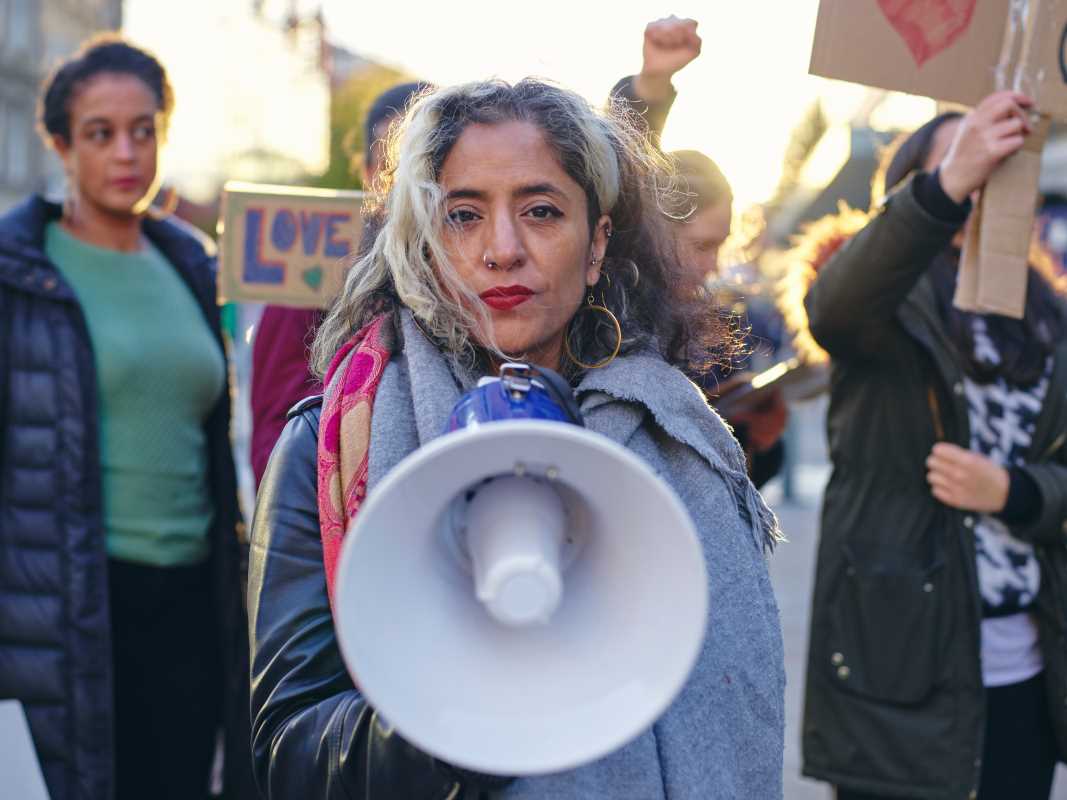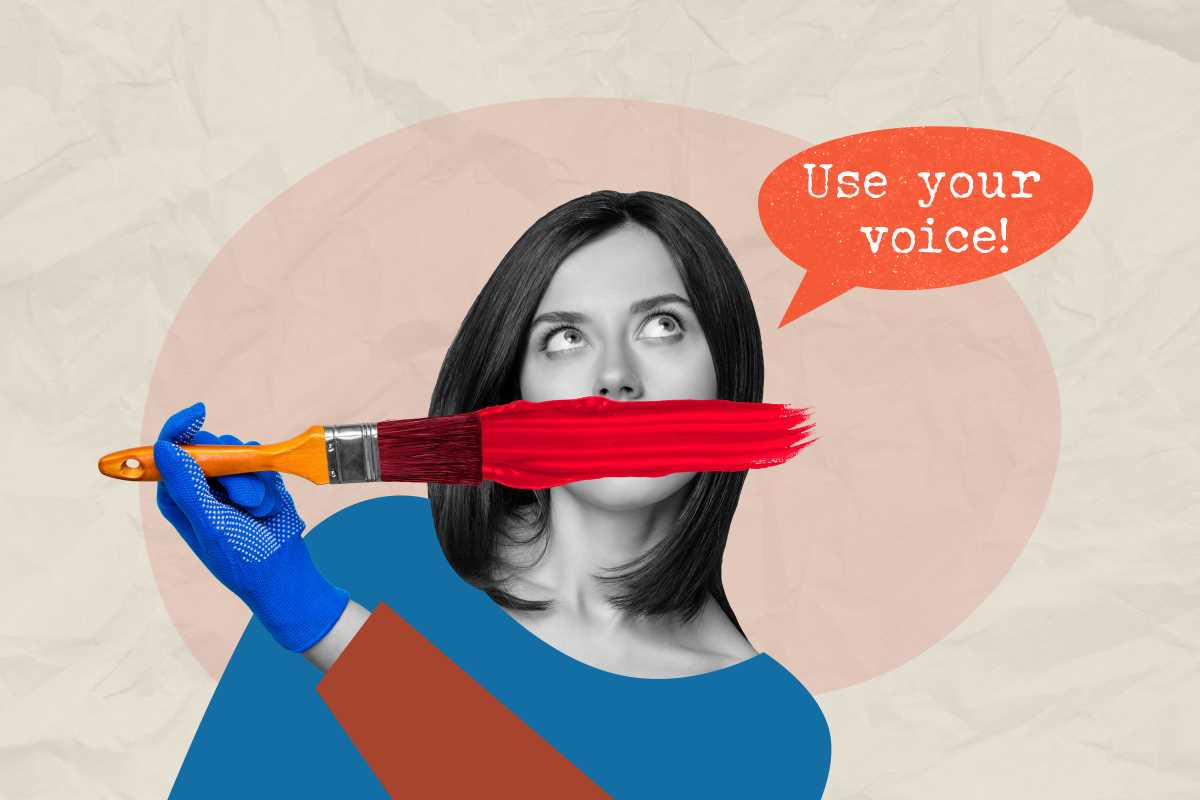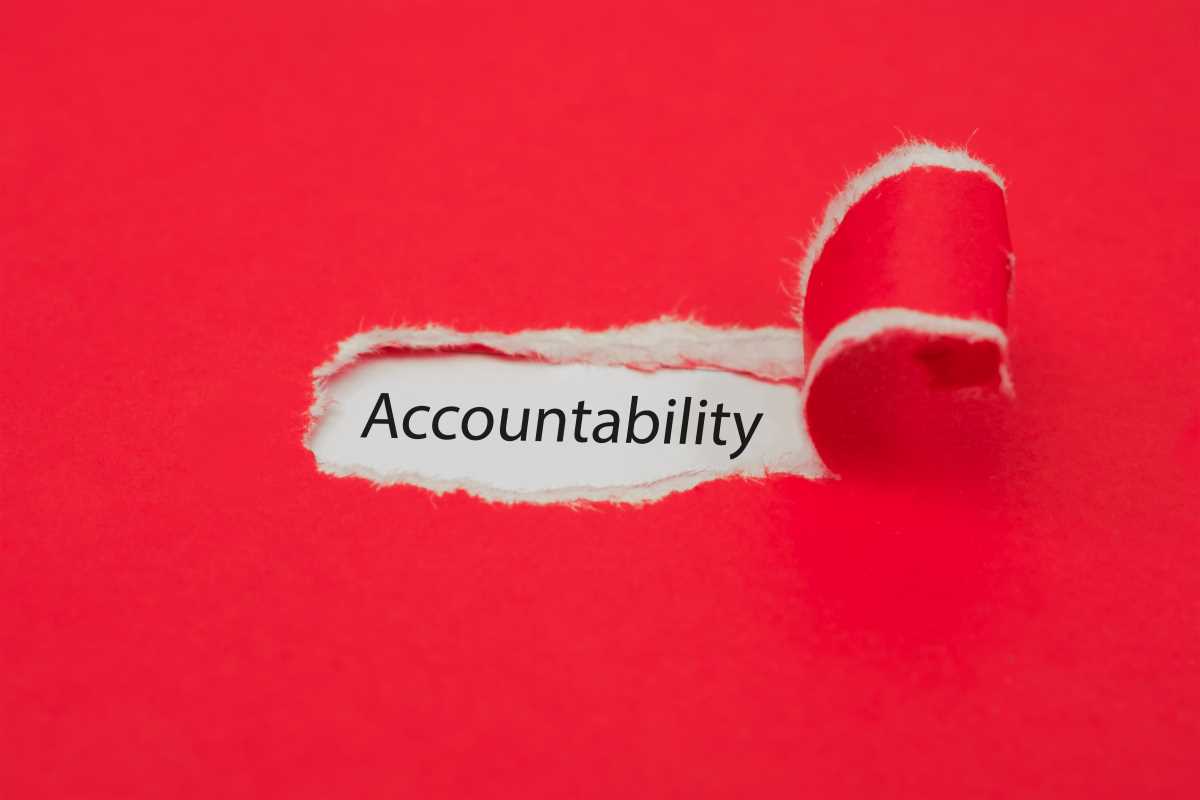These days, it feels like everyone is fighting for something. Whether it’s civil rights, climate action, or mental health awareness, online advocacy has become a huge part of social media culture. Platforms like Instagram, TikTok, and Twitter provide a space for people to rally behind causes, join movements, and educate others. For many, being an advocate feels like a necessary part of being a digital citizen.
But as important as these efforts are, there’s a hidden cost that a lot of people don’t talk about. Constantly staying plugged into activism online can take a real emotional toll. Between doomscrolling, overwhelming amounts of information, and the pressure to always be “on,” many advocates experience what’s known as digital burnout. This kind of fatigue can impact your mental health, relationships, and even your connection to the causes you care so deeply about.
This article will explore why online advocacy can be so exhausting, what digital burnout looks like, and how we can take care of ourselves while still contributing to the conversations that matter.
What Is Digital Burnout?
Before we unpack why advocacy leads to burnout, it’s important to understand what we mean by “digital burnout.” This term refers to a state of emotional exhaustion caused by spending too much time online, particularly when that time involves high-stress or emotional content.
When you’re constantly engaging with online activism, it can start to feel like the weight of the world is on your shoulders. Every post you see might remind you of injustices, tragedies, or the massive scale of problems still left to solve. At the same time, social media algorithms are designed to keep you scrolling, making it even harder to unplug or set boundaries.
For advocates, burnout doesn’t just look like being tired. It can feel like losing hope, feeling disconnected from your purpose, or even experiencing guilt when you take a break.
Why Online Advocacy Is Exhausting
At first, it might be hard to see how something as empowering as advocacy could lead to burnout. However, the reality is that there are certain pressures on social media that make online activism uniquely draining.
1. The Constant Flow of Information
The internet never sleeps. New headlines and tragedies emerge every hour, and social media puts them in the palm of your hand instantly. For advocates, this means there’s always more to be done, more to post about, and more to learn. This never-ending stream of information can create a sense of urgency that’s hard to step away from.
2. The Pressure to Stay Visible
One of the biggest challenges for online advocates is feeling the need to always be active. If you don’t post about a trending issue or weigh in on the latest outrage, you might feel like you’re not doing enough. Some even worry about being judged for staying silent or accused of not caring. This pressure to “perform” can add a layer of stress to something that’s supposed to be meaningful.
3. Tough Conversations and Conflict
Advocacy naturally involves confronting difficult issues, which means online debates can get heated. Arguing with trolls, receiving criticism, or even seeing hurtful comments can add emotional strain. Over time, these interactions can drain your energy and leave you feeling defeated.
4. Vicarious Trauma
When you’re constantly watching videos, reading stories, or viewing photos of injustice, it can affect your mental health. This is known as vicarious trauma, where exposure to others’ struggles or suffering begins to weigh heavily on you emotionally.
Signs You Might Be Experiencing Digital Burnout
Digital burnout doesn’t always hit you all at once. Often, it builds gradually, and you might notice subtle signs before things start to feel overwhelming. Here are a few red flags to watch for:
- Feeling emotionally drained. If you find yourself constantly tired or emotionally spent after scrolling online, it might be a sign of burnout.
- Being less interested in advocacy. Burnout can make you feel disconnected from causes you used to feel passionate about.
- Difficulty focusing. Constantly consuming information without a break can affect your concentration and make it hard to think clearly.
- Avoiding social media. While taking breaks is healthy, burnout often leads to avoiding platforms entirely because they’ve become too overwhelming.
- Feeling hopeless. When you’re burned out, it’s easy to feel like nothing you’re doing is making a difference.
The Importance of Setting Boundaries
One of the best ways to prevent digital burnout is by creating boundaries for your online activism. Having limits doesn’t mean you care less about the causes you support. Instead, it protects your mental health so you can stay in it for the long haul.
Here are a few ways to set boundaries that work for you:
- Schedule Downtime. Decide on specific times during the day when you’ll check social media, and stick to them. Give yourself permission to have social media-free hours (or even days).
- Mute or Block Harmful Content. Many platforms allow you to mute words or accounts that cause stress. Tailor your feeds to focus on content that uplifts and informs instead of drains.
- Limit Consumption. When consuming an overwhelming amount of news or commentary, try to focus on one issue at a time instead of juggling everything at once.
Why Boundaries Matter
Staying informed is important, but you’re no good to anyone if you’re emotionally burned out. Boundaries give you the space to recharge and reflect, allowing you to bring your best self to the fight for change.
How to Practice Self-Care and Stay Engaged
Self-care and advocacy are not opposites. In fact, taking care of yourself is one of the best things you can do for the causes you care about. Here are a few tips on how to balance both:
1. Focus on Small, Meaningful Actions
Not every act of advocacy needs to be grand. Supporting a local nonprofit, donating to a cause, or simply having a one-on-one conversation can be just as impactful as posting online.
2. Follow Positive Influencers
Surround yourself with voices that inspire and energize you, not just ones that keep you informed. People who share positive, hopeful messages can help balance out the heavier parts of activism.
3. Know When to Step Back
It’s okay to take a break when you need one. You don’t have to explain or justify stepping away from social media. The movement will still be there when you’re ready to return.
4. Connect Offline
Advocacy doesn’t have to live solely online. Attend community events, volunteer locally, or connect with friends to have meaningful discussions away from the screen.
5. Celebrate Wins
Activism can feel like one long battle, but it’s important to recognize progress when it happens. Celebrating small victories, whether they’re personal or part of a movement, can keep your motivation alive.
 (Image via
(Image via





